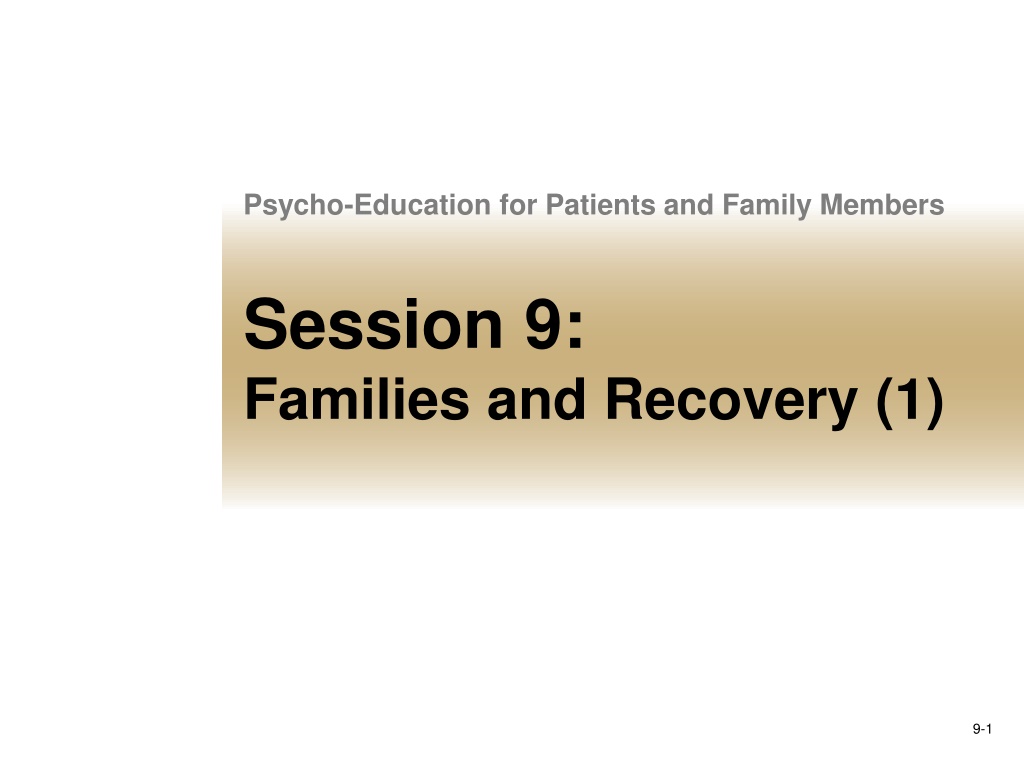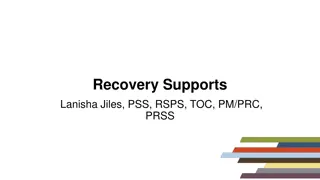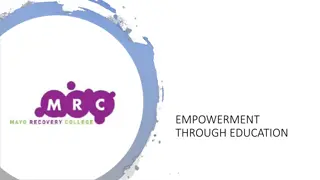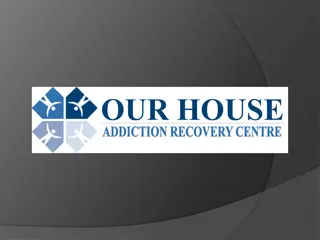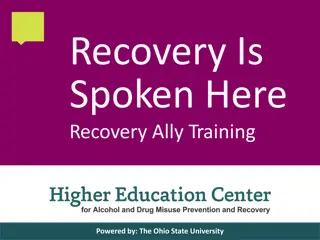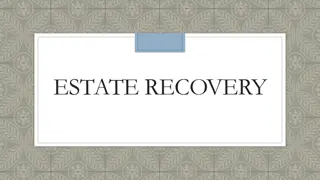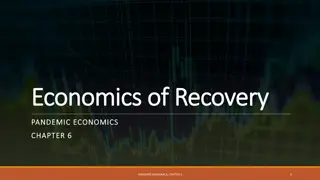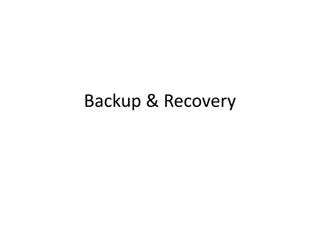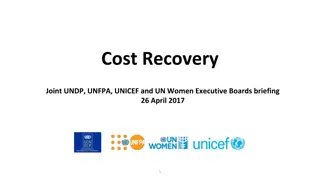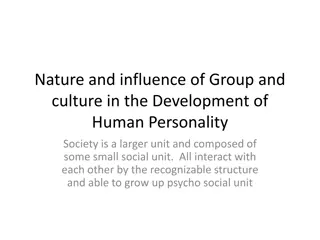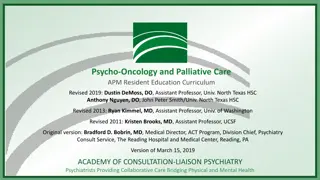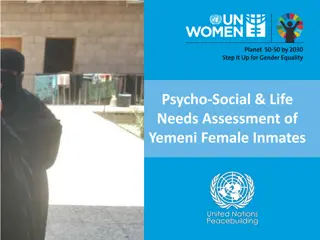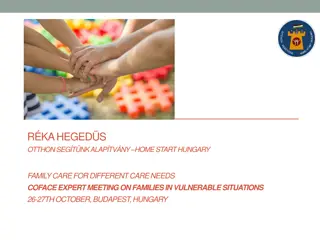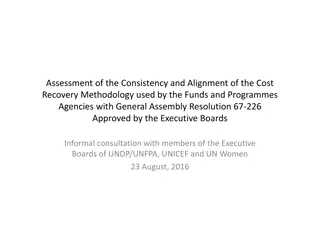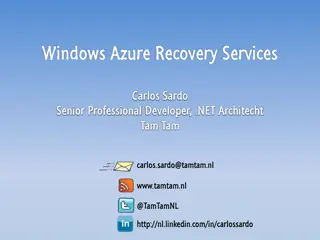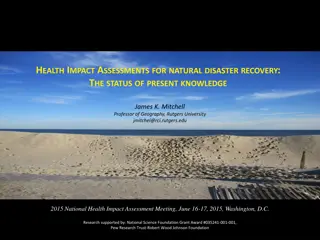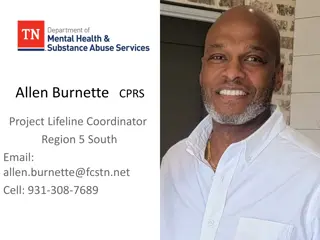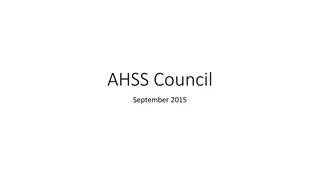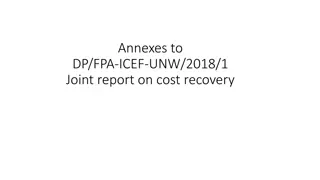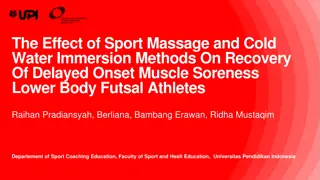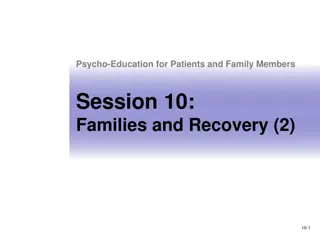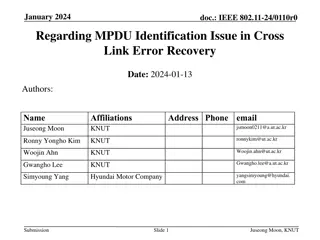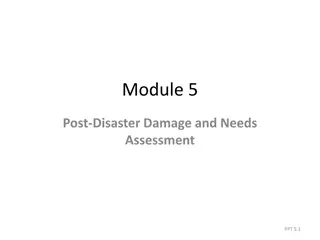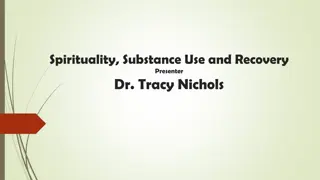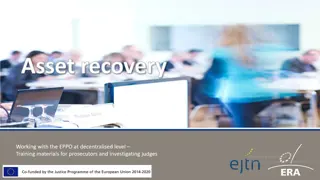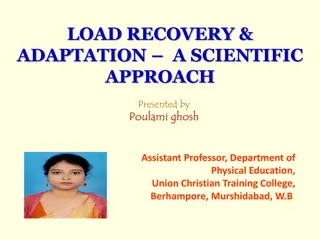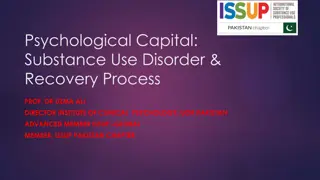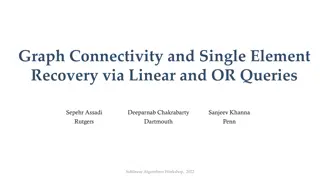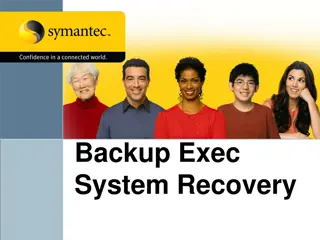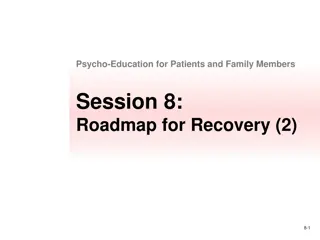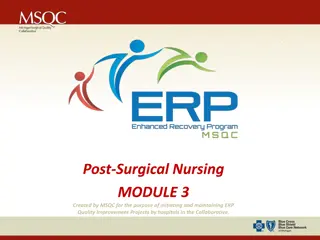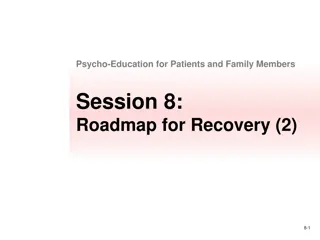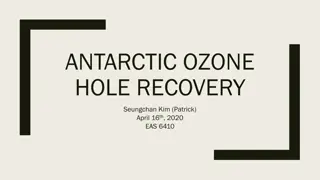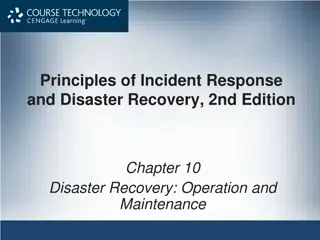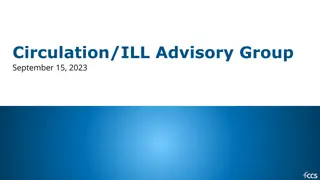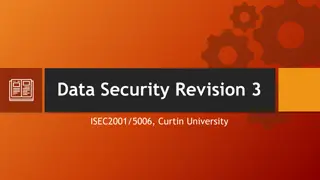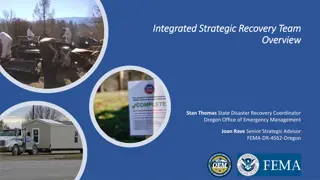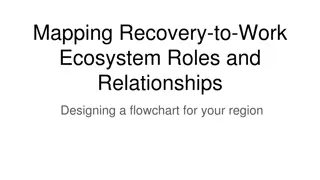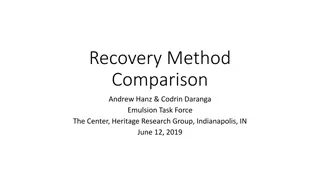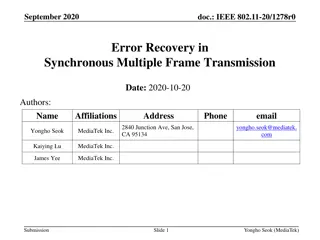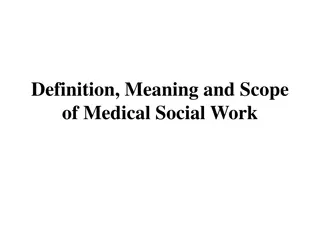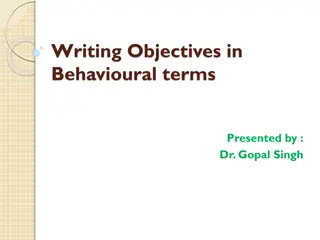Understanding Families and Recovery in Psycho-Education
This session delves into the role of families in the recovery process, emphasizing the diverse support network that can aid in overcoming addiction. It clarifies misconceptions surrounding addiction as a medical disorder rather than a moral failing, detailing the cognitive and conditioning processes involved. Recognizing addiction as a complex issue, the content sheds light on the stages and factors contributing to its development, offering insights into how different aspects of life can be affected.
Download Presentation

Please find below an Image/Link to download the presentation.
The content on the website is provided AS IS for your information and personal use only. It may not be sold, licensed, or shared on other websites without obtaining consent from the author. Download presentation by click this link. If you encounter any issues during the download, it is possible that the publisher has removed the file from their server.
E N D
Presentation Transcript
Psycho-Education for Patients and Family Members Session 9: Families and Recovery (1) 9-1
Who Makes Up a Family? Members of your immediate family (parents, siblings, partner, children) Extended family Friends Colleagues from work Mentors Anyone who will support recovery 9-2
Question: Answer if the following statements are TRUE or FALSE. 1. Shabu is a chemical substance. Addiction is caused by responses of the body to the chemical. 2. Addiction is a form of wrongdoing and not a medical problem. 3. Addiction can be overcome by willpower. 1-3
What Is Addiction? Addiction is a physical and emotional response to chemicals we put in our bodies. Addiction is a medical disorder. It is not helpful to think of addiction in terms of morality and willpower. 9-4
Development of Addiction Prefrontal Cortex Limbic System 9-5
Development of the Craving Response Cognitive process Prefrontal cortex Conditioning process Limbic system Obsessive thinking Prefrontal Cortex Limbic system 9-6
Cognitive Process Beginning Stages of Addiction Negative Aspects Employment disruption Relationship concerns Financial problems Positive Aspects Depression relief Confidence boost Boredom relief Sexual enhancement 9-7
Cognitive Process Disenchantment Stage of Addiction Positive Aspects Negative Aspects Social currency Occasional euphoria Relief from lethargy Nosebleeds, infections Financial jeopardy Relationship disruption Family distress Impending job loss Conflict with law and legal issues 9-8
Conditioning Process Mild to Moderate Mental Connection (between Shabu and Pleasure) Triggers Parties Friday nights Friends Extra money Intimate situations Depression Paranoia Weight gain Responses Thoughts of Shabu Mild physiological arousal Eager anticipation of use Cravings as use approaches Occasional use 9-9
Conditioning Process Strong Mental Connection (between Shabu and Pleasure) Responses Continual thoughts of Shabu Strong physiological arousal Strong cravings Frequent use Triggers Weekends Friends Stress Boredom Anxiety Unemployment Loneliness 9-10
Conditioning Process Overpowering Mental Connection (between Shabu and Pleasure) Responses Obsessive thoughts about Shabu Powerful response Intense cravings Automatic use Triggers Any feeling Day Night Unemployment Work 9-11
Development of Obsessive Thinking Early Use SHABU SHABU SPORTS FOOD FAMILY BOYFRIEND WORK SHABU SCHOOL EXERCISE ALCOHOL GIRLFRIEND 9-12
Development of Obsessive Thinking Continued Use SHABU SHABU SHABU SHABU SHABU SHABU SHABU SHABU SHABU SHABU SHABU SHABU 9-13
Progressive Phases of Addiction 1. Introductory 2. Maintenance 3. Disenchantment 4. Disaster 9-14
Question: What are typical responses to a Shabu using family member at the following addiction phases? When his/her family first becomes aware of the drug problem. After addiction progresses and he/she is totally overpowered by the drug. 1-15
Family Members Response to Shabu Use Introductory Phase Unaware of problem Confusion regarding occasional odd behaviors Concerned about occasional neglect of responsibilities 9-16
Family Members Response to Shabu Use Maintenance Phase Are aware of the problem Attempt to solve the problem by themselves Take on all responsibilities Seek help from others 9-17
Family Members Response to Shabu Use Disenchantment Phase Avoidance of problem Blaming the person who is using Blaming selves Guilt and shame Mistrust 9-18
Family Members Response to Shabu Use Disaster Phase Separation Internalization of bad feelings Resignation and hopelessness Establishment of unhealthful family rules 9-19
Benefits of Family Involvement Participation by family members is associated with better treatment compliance and outcome. Family members gain a clearer understanding of recovery. Family members and the person in recovery understand their respective roles and goals. Family members and the person in recovery get support in the recovery process. 9-20
